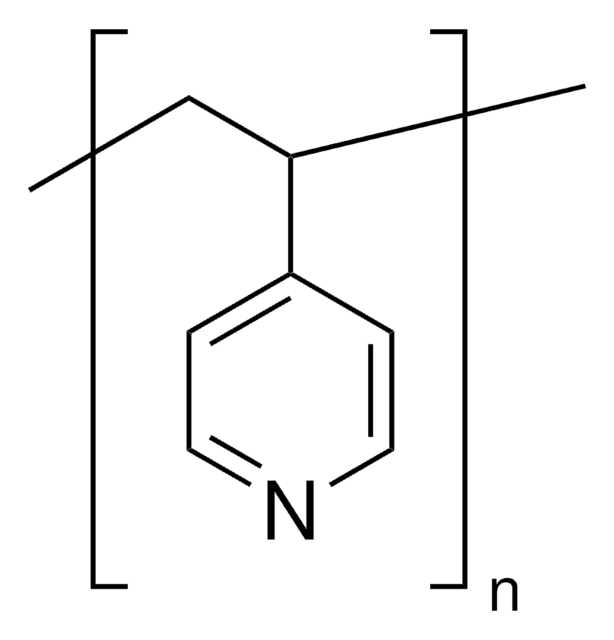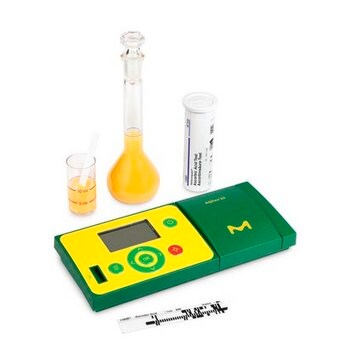234257
Polyvinylpyrrolidon
powder, average Mw ~29,000
Synonym(e):
PVP, Polyvidon, Povidon
About This Item
Empfohlene Produkte
Form
powder
Qualitätsniveau
Mol-Gew.
average Mw ~29,000
Glührückstand
≤0.5%
SMILES String
C=CN1CCCC1=O
InChI
1S/C6H9NO/c1-2-7-5-3-4-6(7)8/h2H,1,3-5H2
InChIKey
WHNWPMSKXPGLAX-UHFFFAOYSA-N
Suchen Sie nach ähnlichen Produkten? Aufrufen Leitfaden zum Produktvergleich
Allgemeine Beschreibung
Anwendung
Sonstige Hinweise
Lagerklassenschlüssel
11 - Combustible Solids
WGK
WGK 1
Flammpunkt (°F)
Not applicable
Flammpunkt (°C)
Not applicable
Persönliche Schutzausrüstung
Eyeshields, Gloves, type N95 (US)
Hier finden Sie alle aktuellen Versionen:
Besitzen Sie dieses Produkt bereits?
In der Dokumentenbibliothek finden Sie die Dokumentation zu den Produkten, die Sie kürzlich erworben haben.
Kunden haben sich ebenfalls angesehen
Artikel
New methods for materials fabrication at the micro- and nanoscale will drive scientific and technological advances in areas of materials science, chemistry, physics, and biology. The broad diversity of potentially relevant materials, length scales, and architectures underscores the need for flexible patterning approaches. One important example is the fabrication of 3D periodic structures composed of colloidal, polymeric, or semiconductor5 materials.
Noble-metal nanostructures are widely used in a variety of applications ranging from catalysis to electronics, surface plasmon resonance (SPR), surface-enhanced Raman scattering (SERS), and biomedical research.
Developed in the last several years, fluorescence quenching microscopy (FQM) has enabled rapid, inexpensive, and high-fidelity visualization of two-dimensional (2D) materials such as graphene-based sheets and MoS2.
Lithium-Ion Battery Performance: Dependence on Material Synthesis and Post‑Treatment Methods
Unser Team von Wissenschaftlern verfügt über Erfahrung in allen Forschungsbereichen einschließlich Life Science, Materialwissenschaften, chemischer Synthese, Chromatographie, Analytik und vielen mehr..
Setzen Sie sich mit dem technischen Dienst in Verbindung.


